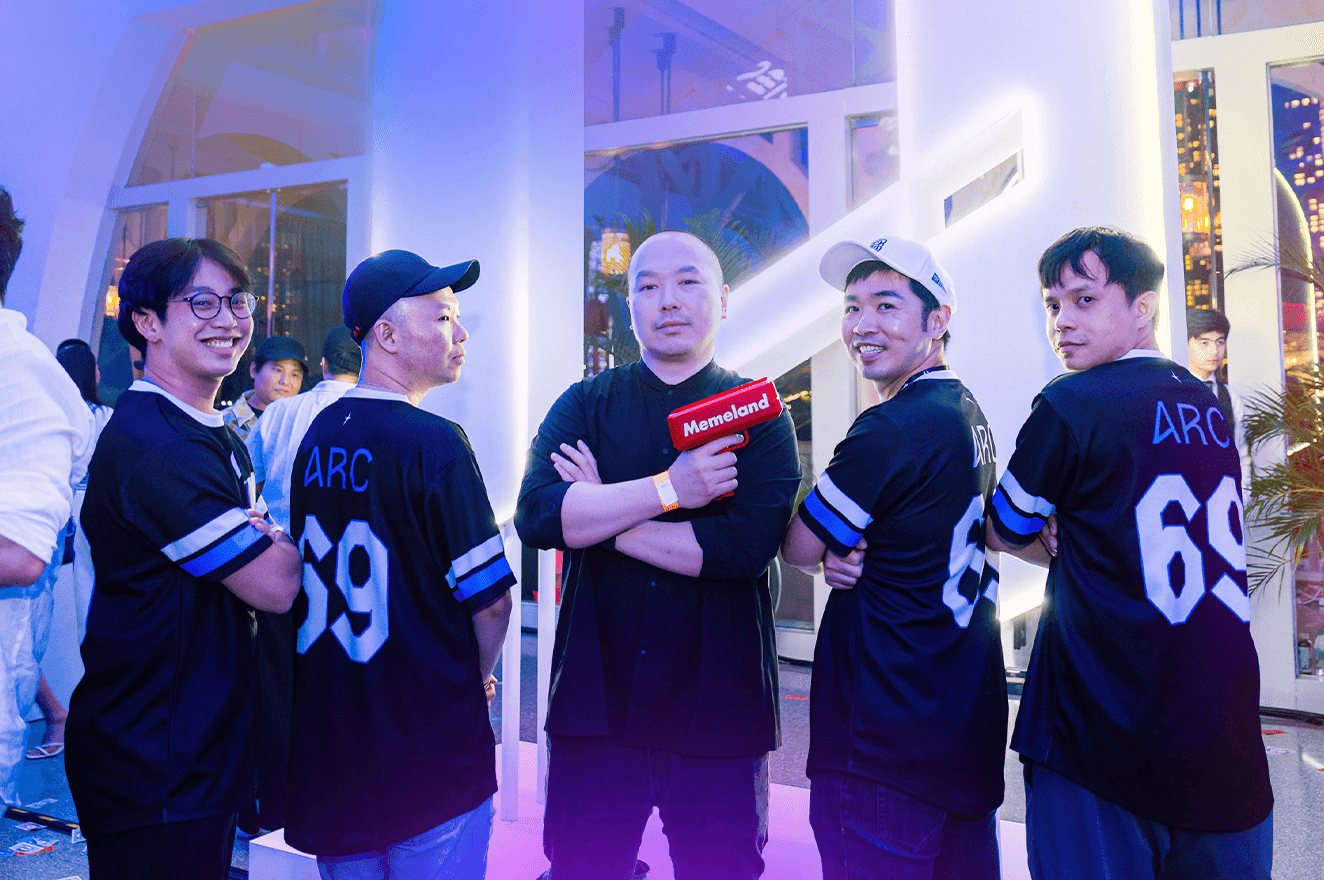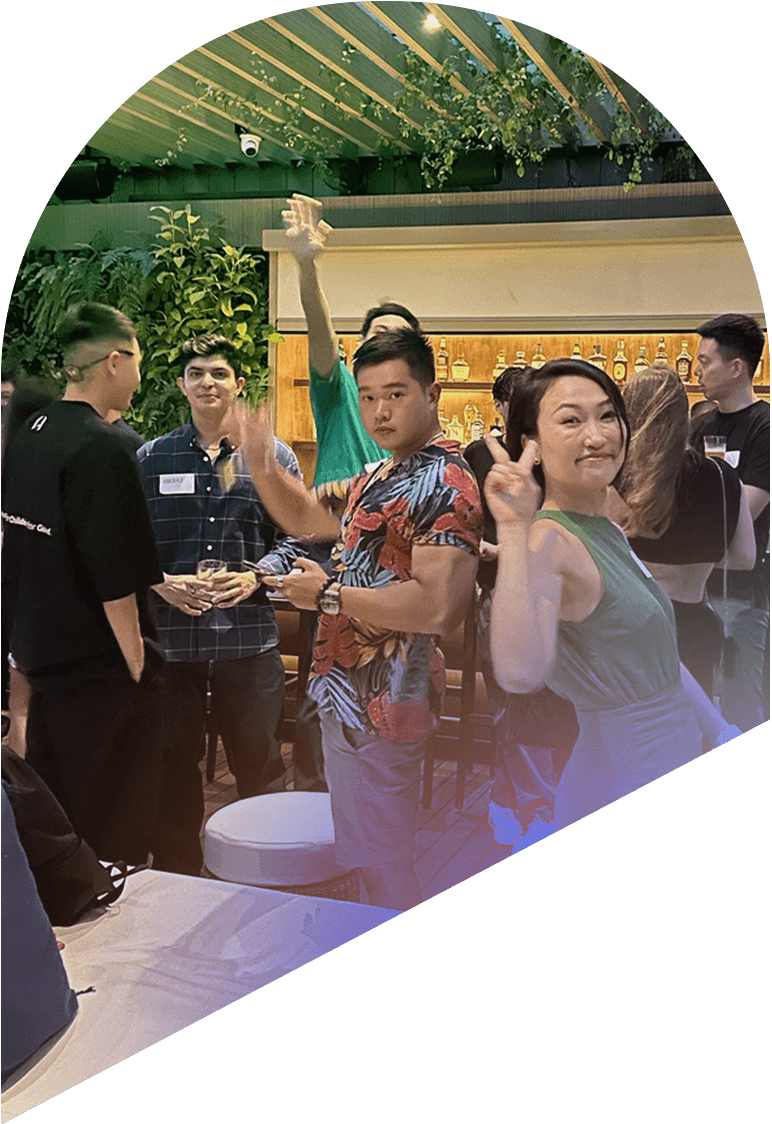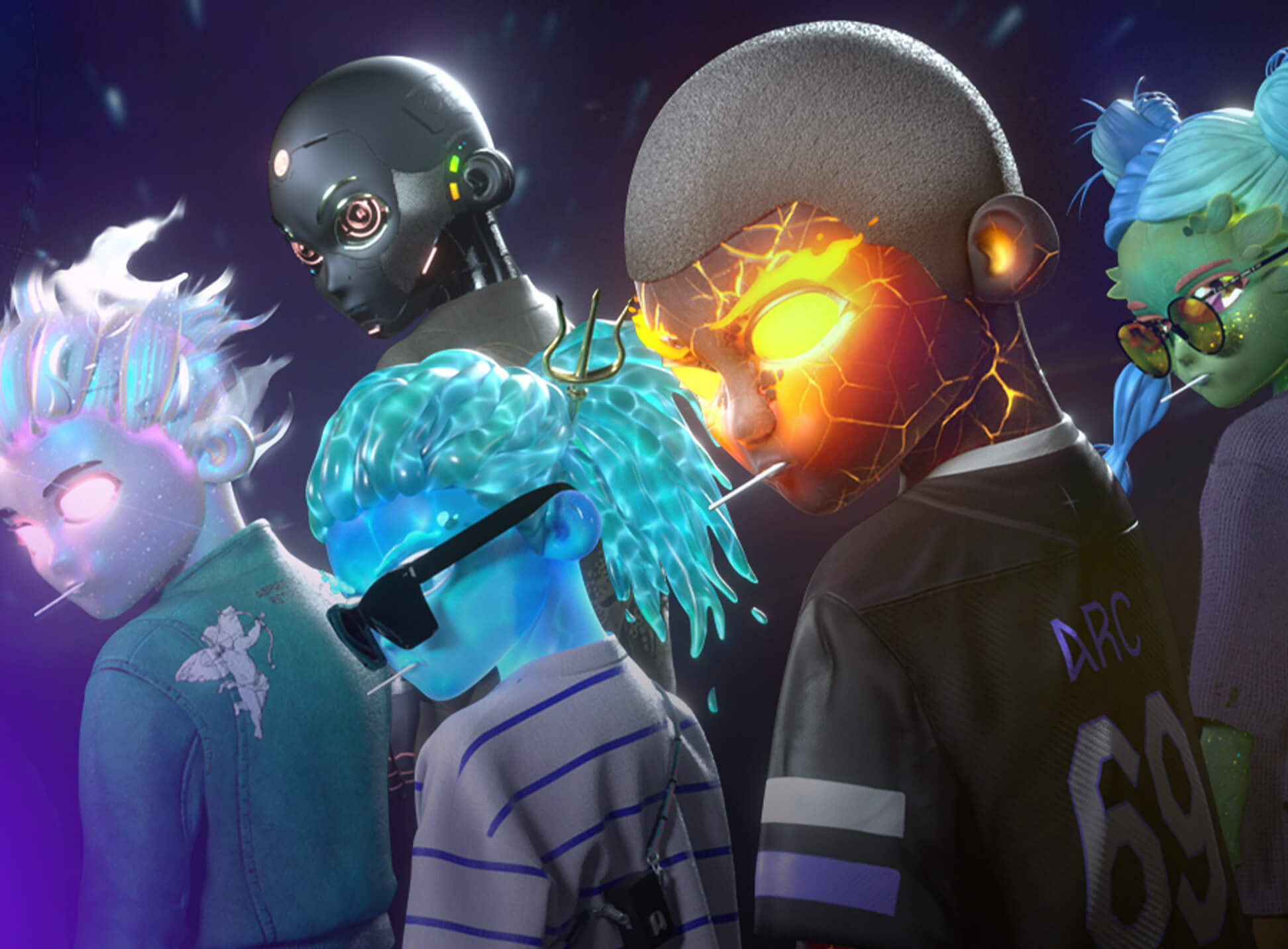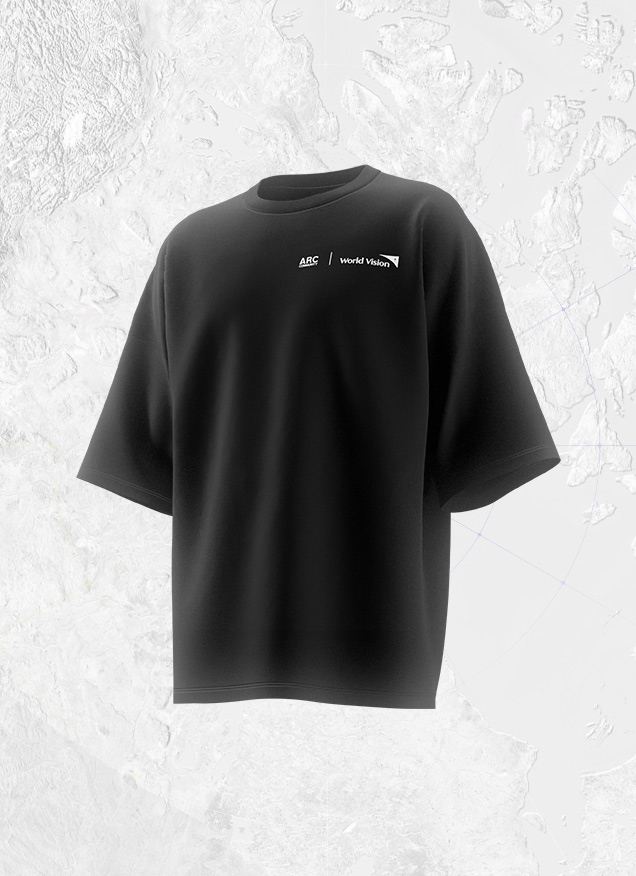Arc Community










WELCOME TO ASIA'S MOST CURATED MEMBERS-ONLY COMMUNITY.
WALK WITH US.
- welcome
- stellar-swhocase
- stellars
- oneForAll
- buzz
SOCIAL DONE RIGHT
ONE PLACE
FOR ALL
The forum of the future, ARC App offers a multi-functional space for Stellars from everywhere to openly think, connect, converse and co-create.

WORD AROUND TOWN
Unmissable events and updates. Inspiring conversations and opinions. Here are latest developments that are pushing the needle in the ARC community.

THE WINNING EFFECT
Why Community-As-A-Brand Entities Will Be The Next Gen Unicorns

ARC KEYSTONES SERIES
A series of stories that profiles key contributors in the community

ARC RETREAT
A platform to exchange knowledge, insights and opportunities

INVENTORY TRAITS CUSTOMISATION GUIDE
Bought digital traits for your ARC Stellar? Start here

ARC STELLARS' CUSTOMISATION GUIDE
Everything you need to know about creating your digital identity

#IntoTheARC 2023
ARC lit the night with magical purple vibes

ARC APP
ARC App launched to empower honest, unbounded exchange

ARC X WORLD VISION T-SHIRT
Pre-orders for ARC X World Vision T-Shirt starts now
- welcome
- stellar-swhocase
- stellars
- oneForAll
- buzz